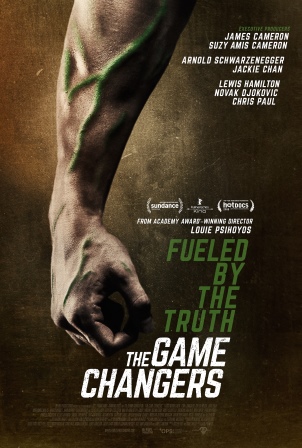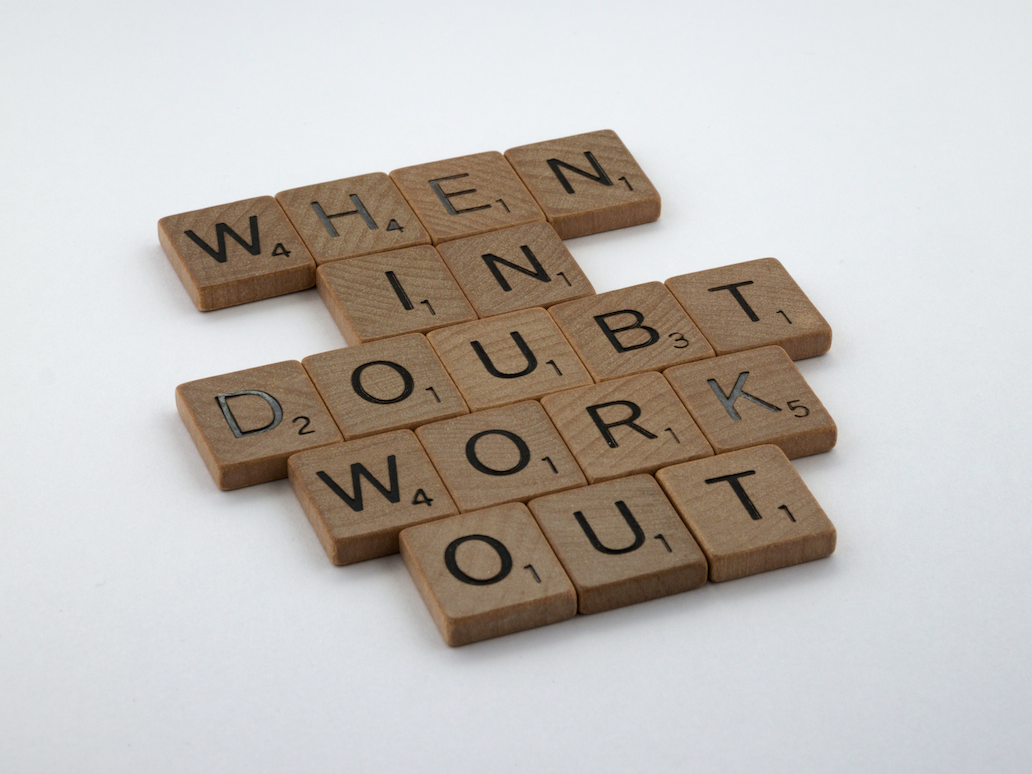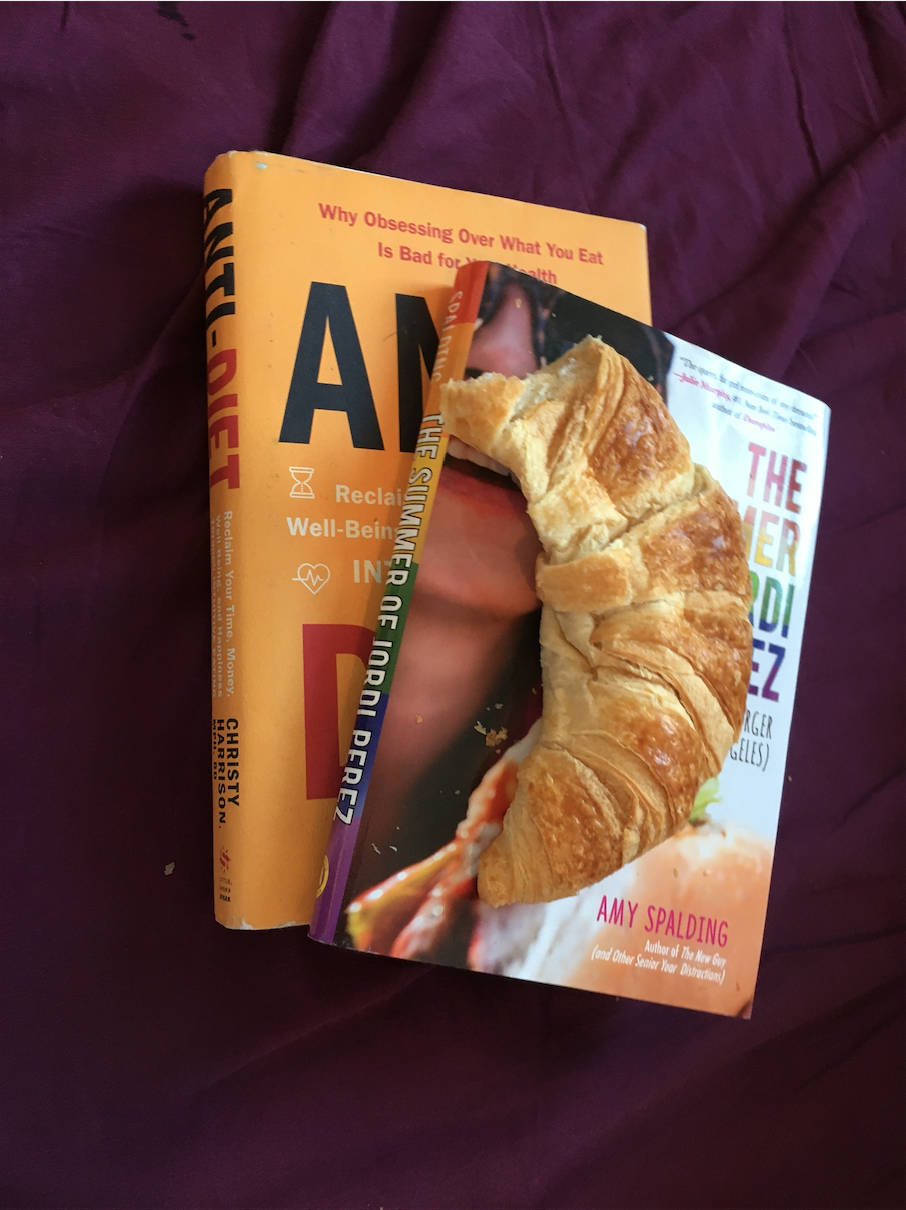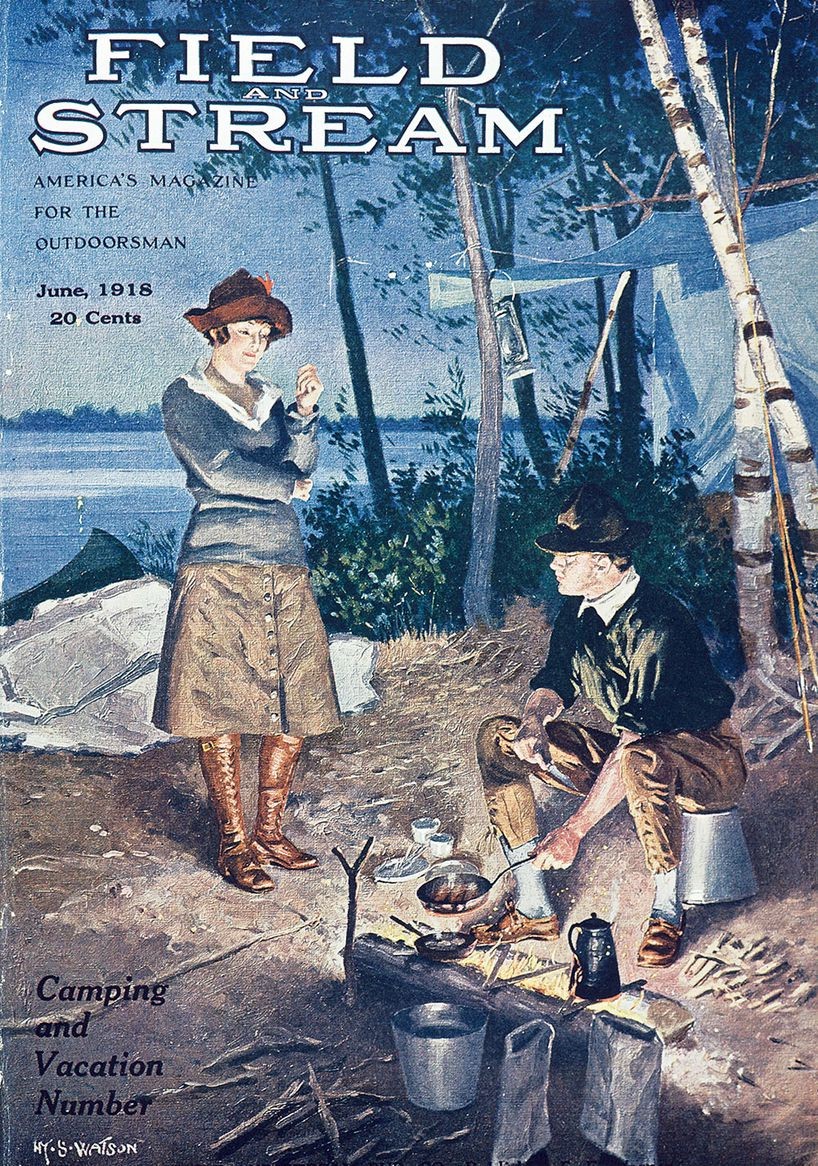Changing the Game of Sports Nutrition, Challenging the Ideal of “Athletic” Men? The Game Changers and Hegan Masculinity

The controversial documentary The Game Changers seeks to debunk the myth that plant-based proteins will never be as good as their animal counterpart. For those who have not seen the documentary, a quick look at the film poster might help to better understand what is at stake here: in the documentary, vegan athletes are depicted as so ultra-masculine that they also make their dietary choice “manly” and, therefore, do not challenge hegemonic ideals of masculinity. We see a strong arm, a clenched fist, and enlarged veins with green blood circulating through them. Next to this arm, green and white letters proclaim: “Fueled by the Truth: The Game Changers.” At first glance, the poster seems to announce a remake of the…



